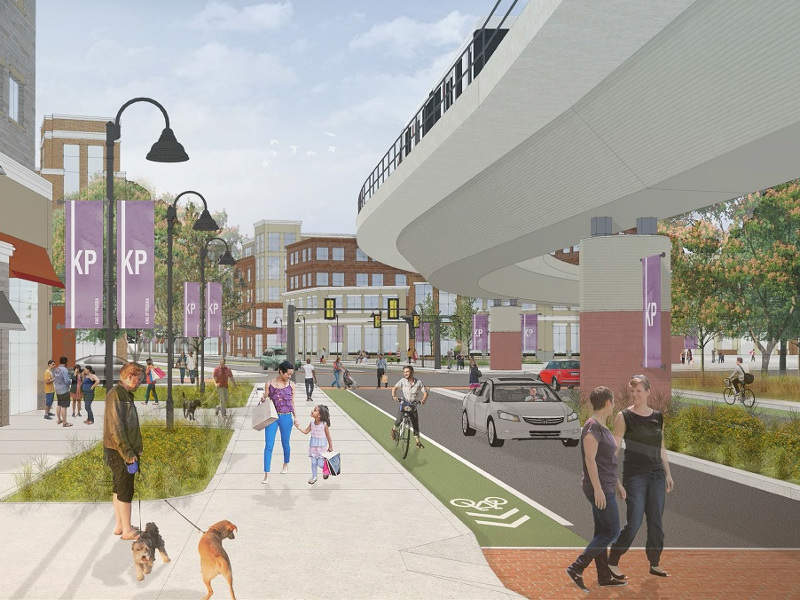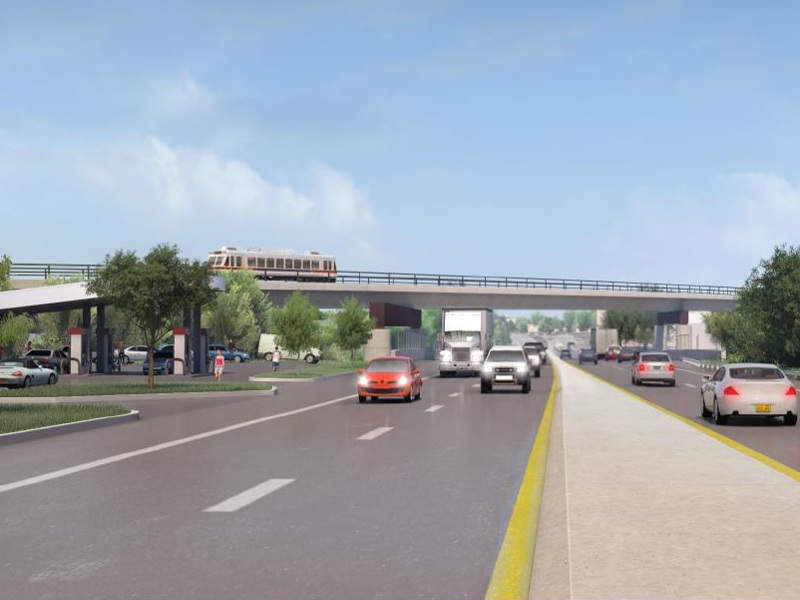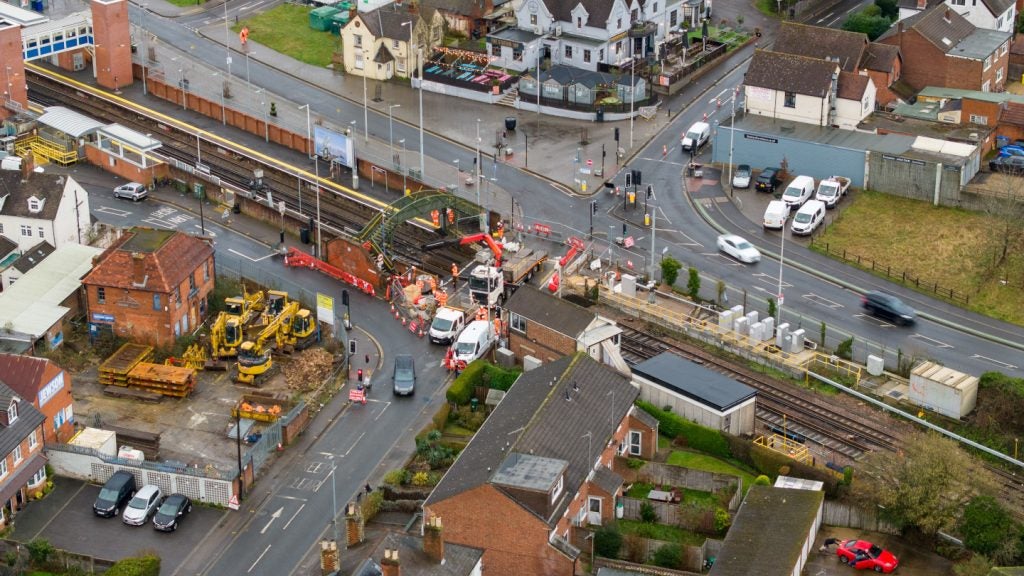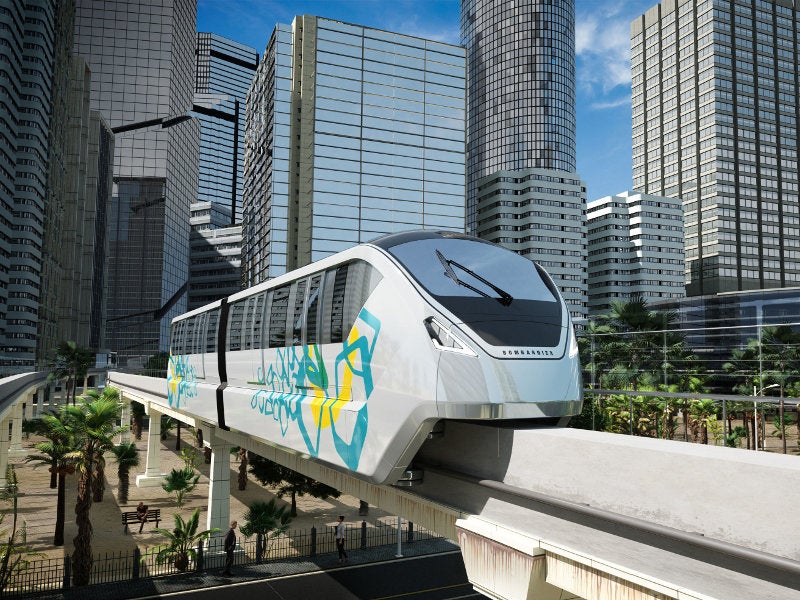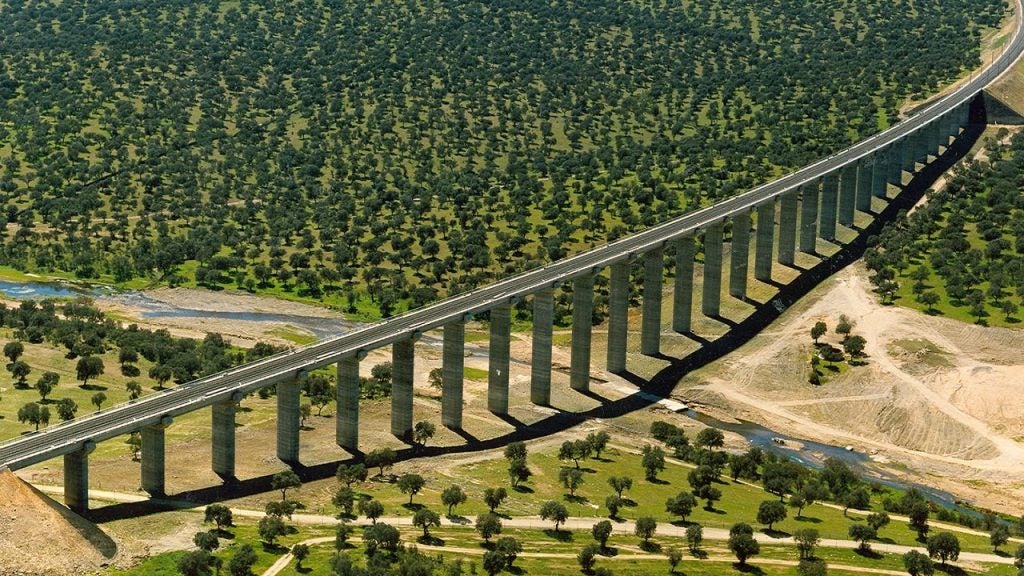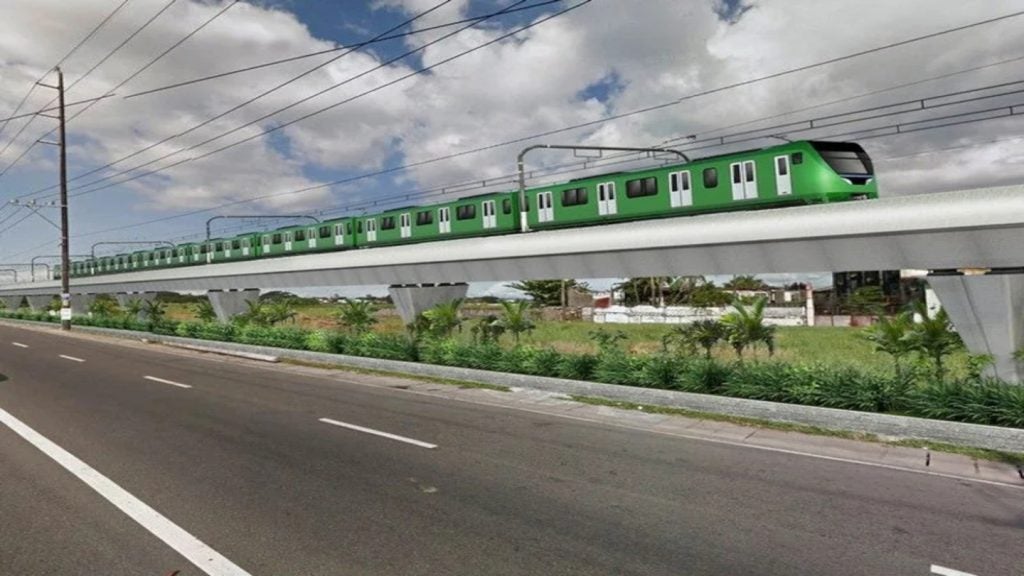The King of Prussia (KOP) Rail project involves the expansion of the Norristown High-Speed Line (NHSL) service to provide improved transportation between KOP, Norristown, and the Center City in Philadelphia, US.
The project is being undertaken by Federal Transit Administration (FTA) and sponsored by Southeastern Pennsylvania Transportation Authority (SEPTA).
Construction on the extension project will start in 2019 and is expected to be completed in 2023 at an estimated cost of $1bn.
King of Prussia Rail extension background
SEPTA initiated the project scoping phase at the end of 2012, while evaluation of detailed alternatives and identification of locally preferred alternatives were concluded by 2016. The draft environmental impact statement (DEIS) was released for public review in October 2017.
The adoption of locally preferred alternative with the North / South design option in the projects’ DEIS was approved by the board of SEPTA in January 2018.
The request for proposal for the advancement of the extension project was released in July 2018. The final environmental impact statement is anticipated to be released in 2019.
King of Prussia Rail extension purpose
The need for the expansion of Montgomery County’s transit service has been recognised by the local authorities over the last 20 years. The extension is also planned to eliminate existing transit inefficiencies such as long travel time, congestion, and connection with areas that are underserved by the public transport system.
SEPTA evaluated 30 alternatives for the extension project and selected the PECO / Turnpike First Avenue alternative with the North / South design as it would not have an impact on residential areas.
Infrastructure for King of Prussia Rail extension
The project will make use of the current transportation and utility rights-of-way in the area.
The primary elevated guideway will not impact the operations of existing roadways and other transportation systems. The extension line will include five stations, of which two will have a park-and-ride option with drop-off and pick-up facilities.
Proposed stations without a park-and-ride option will feature pedestrian and bicycle access with a kiss-and-ride facility.
The design will also include a new track along the north side of the existing NHSL, with a terminal point at the existing station building at the 69th Street Transportation Centre. The track will serve the existing northern platform, which will be widened to serve the new track.
The NHSL signal system will also be upgraded as part of the project. SEPTA will use the current fleet of N5 rail vehicles that are in service with the NHSL and add six new vehicles.
The KOP extension will also feature traction power substations, signal bungalows, and stormwater maintenance facilities.
KOP rail stations will comply with the Americans with Disabilities Act, which ensures better access to passengers with limited mobility.
King of Prussia Rail extension benefits
The King of Prussia Rail extension will provide transit connections to destinations between Norristown and Philadelphia. It will also provide access to King of Prussia mall and surrounding areas, including Upper Merion Township and Montgomery County.
It will offer a direct route to KOP from the 69th Street Transportation Center in Upper Darby, or the Norristown Transportation Center in Norristown.
The line will provide connections to area trails, parks and recreation areas, such as Valley Forge National Historical Park, the Schuylkill River Trail, and the Chester Valley Trail. The expansion is expected to increase ridership to 9,500 a day.
The extension will reduce travel time between KOP and Center City Philadelphia by 30 minutes, save up to 2.1 million hours a year and generate between $1.1bn and $1.3bn in economic activity during operation.
The project also helps in generating local tax revenue, which can be utilised for new planned commercial development and redevelopment in the area.

